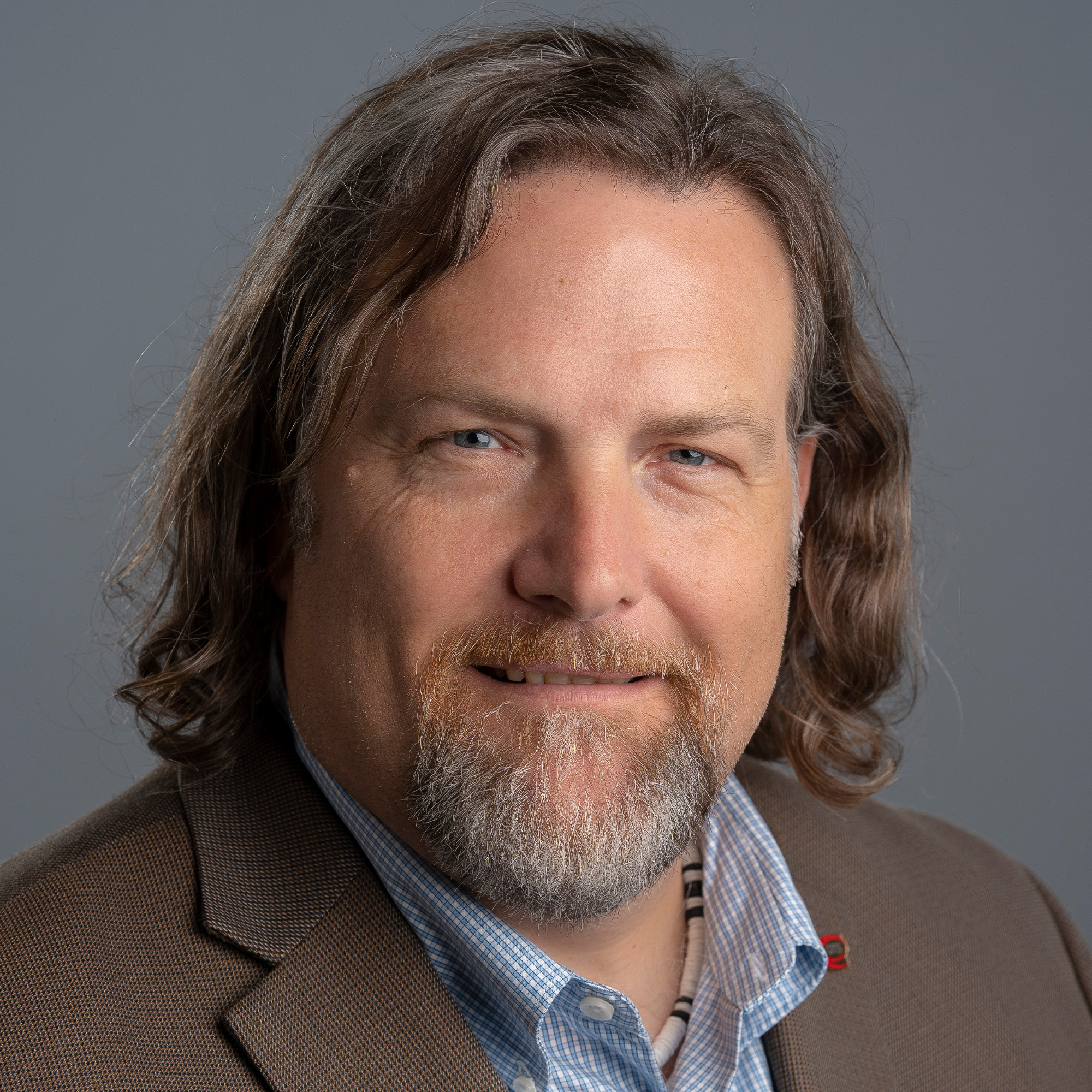
21K
Downloads
234
Episodes
The most valuable commodity on earth today is data. How we make it, use it, move it & protect it. Join David McCall as he invites guests from all industries to talk about how they use data to drive their business & innovation in their market.
Episodes
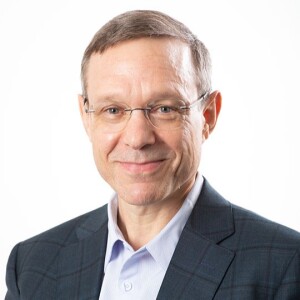
Tuesday Mar 14, 2023
Tuesday Mar 14, 2023
Today, I am thrilled to have a very special guest joining me, Dr. Avi Loeb. Dr. Loeb is a theoretical physicist and the Frank B. Baird Jr. Professor of Science at Harvard University, where he is the former chair of the Astronomy Department. He is also the author of numerous articles and books on astrophysics, cosmology, and the search for extraterrestrial life.
Today, today Dr. Loeb discusses the enigma of Oumuamua, the mysterious interstellar object that captured the world's attention in 2017. Dr. Loeb has been at the forefront of the scientific investigation of Oumuamua. Avi shares some of his insights on what this strange visitor might reveal about the nature of our universe and our place in it. We also discuss how Avi’s peers and the Scientific community, in general, responded to the possibility of Alien technology.
But our conversation will not be limited to astrophysics alone. Dr. Loeb is a champion of scientific curiosity, humility, and exploration, and he will talk about how these values have shaped his career and his approach to life. We will also touch on what he calls the three coming revolutions of AI Sentience, Longevity, and the discovery of Advanced Civilizations.
AI and Aliens – what could go wrong
So, join us for a fascinating and wide-ranging conversation with one of the most brilliant and visionary scientists of our time. Please enjoy Dr. Avi Loeb.
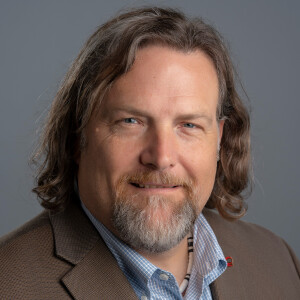
Tuesday Mar 07, 2023
Tuesday Mar 07, 2023
Technology has and continues to transform the way we learn, both in and outside the classroom. With the proliferation of digital devices, online platforms, and educational software, students today have access to a wealth of information and resources that you and I could only dream of. This has created previously unimaginable opportunities for personalized and self-directed learning. We’ve come a long way from the chalkboard.
But these tools aren’t without risk. Learning comprehension, Classroom distractions, Plagiarism, and the ability of educators to accurately assess a student’s knowledge transfer are under incredible pressure.
My guest this week is Dr. Kendall Hartley an Associate Professor of Educational Technology in the Department of Teaching & Learning at the University of Nevada, Las Vegas (UNLV) . Dr. Hartley's expertise lies at the intersection of technology and education, and he has spent his career exploring how technology can be leveraged to enhance the learning outcomes we desire while also warning us of the risk to students’ mental health and academic integrity if we don’t teach and enforce self-regulatory skills.
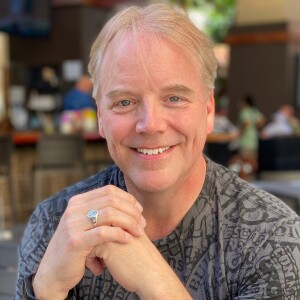
Tuesday Feb 28, 2023
Tuesday Feb 28, 2023
The modern economy requires Digital Infrastructure. Another way to say that is – everything you do on your phone or devices requires, Data Centers. The modern world doesn’t exist without these connected, global, amazing facilities and all of the people and systems that support them.
Think about that. Building that right is a tremendous responsibility. Dean Nelson is one of the pioneers of Digital Infrastructure and is at the forefront of efforts to build a better, more sustainable, digital future.
Dean has worked for Sun Microsystems, Uber, eBay, and Microsoft. He is currently the CEO of CATO a low-cost carbon-free compute platform.
He joins me this week to delve into some of the most pressing issues facing the modern economy, from the changing nature of work to the rise of AI and automation. We discuss the critical role of digital infrastructure in building a more sustainable future and our responsibilities to each other as we move forward.
So whether you are a technology professional, an advocate for sustainability, or simply curious about the latest developments in the modern economy, this conversation is for you.
https://climateaccord.org/
https://imasons.org/
https://cato.digital/

Tuesday Feb 21, 2023
Tuesday Feb 21, 2023
What if you had the power to create your own living space – by speaking it into existence through one of the emerging Open AI tools? Maybe a 3D printer shows up and builds out a basement or adds that room addition. Can we harvest these tools to build sustainable, cheap, environmentally friendly living spaces not just for you and me; but for the most vulnerable among us? – hopefully, we may not be that far from it.
This week I’m joined by Yash Mehta – an Architect, among other things, who spans both the traditional discipline in the corporate world as well as a future tech in the “Not For Profit” world. Yash and I discuss how the scope of an Architect is merging with engineering and how the next iteration is evolving with new tools, how it’s impacting social issues, and the challenges and opportunities of this “evolution” in our highly interconnected world. Please, lean in and enjoy the conversation – with Yash, on the QTS Experience.
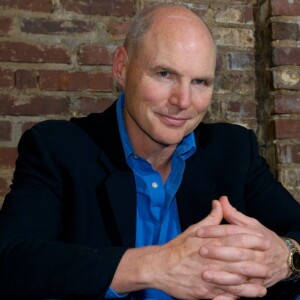
Tuesday Feb 14, 2023
Tuesday Feb 14, 2023
Are you guided by logic or emotion? Most of us will say our decision-making is driven by logic and reason – not, primarily by emotion. Dr. Neale Martin joins me this week to help us understand how our subconscious mind actually does the overwhelming amount of decision-making for us – because it feels right. So how do we implement technology with our deeper human goals? Are we going to use technology that creates a Dystopian future that feels good – but ultimately leads to our demise or are we going to leverage these incredibly powerful tools to help humans flourish? Join us for the conversation – on the next QTS Experience.
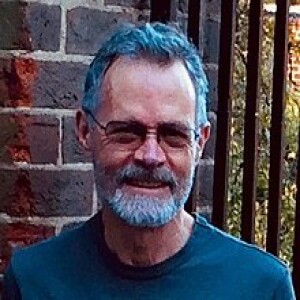
Tuesday Feb 07, 2023
Tuesday Feb 07, 2023
Cryptocurrency and cash-free aren’t the same things – but the net result is the same whether you use cards or a bitcoin – you don’t have cash in your wallet. In the best-case scenario that can be freeing to just swipe or tap from your phone – and the transaction is complete. The worst case scenario – I’m going to save for another day – the point is that cashless is here to stay and eventually dominate. Which leads us to the conversation today – what has been the impact on crime in general and street crime in particular?
Dr. Richard Wright is Regents’ Professor of Criminal Justice and Criminology at Georgia State University. He has written widely on matters related to crime and justice.
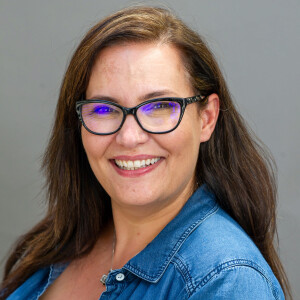
Tuesday Jan 31, 2023
Episode 151; Sarah Keller: Uber, Leadership, Future Work, Breaking Stereo Types
Tuesday Jan 31, 2023
Tuesday Jan 31, 2023
We, humans, love our tribes. If you’re in my tribe you’re granted an element of trust and acceptance, even value. If you’re out of my tribe you rarely receive that status, almost certainly not with equal value.
When Covid pushed us all into remote work – an accidental consequence occurred: On-Premises workers and remote workers all got pushed into the same tribe. We sat there looking at each other from the same piece of glass – like a Zoom version of the Brady Bunch. No one was perceived to have more “value” as a worker or a leader, because of their geographical location. Which, let’s face it, before the pandemic, if you worked remotely, you WERE perceived to be less valuable and effective. This pandemic petri dish demonstrated being in the room didn’t make you a better or worse employee or leader, being skilled was the difference.
This week I’m joined by Sarah Keller. Sarah is the Head of Global Technology Sourcing and Supply Chain at Uber. Prior to Uber, she worked for organizations like Meta, Workday, and Google.
Sarah brings a powerful perspective to this conversation and the complexities of remote opportunity amidst return-to-work directives. An area that requires thoughtful and serious consideration. Please, enjoy the conversation with Sarah Keller.
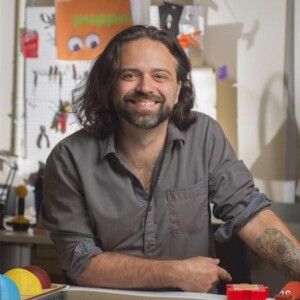
Tuesday Jan 24, 2023
Episode 150; Brian Magerko Open AI, ChatGPT, DALL-E, Deep Learning
Tuesday Jan 24, 2023
Tuesday Jan 24, 2023
We live in amazing times. There are Open AI tools available that enable those of us that are creative with a little “c” to explore and create without having to have the physical skills necessary to paint or draw. To write a screenplay, or compose and play music. There are still other tools can be used in the medical and mental health fields as a counselor or a radiologist. The potential of the applications and opportunities are mind-boggling to think of. I can’t help but ask myself, what’s the impact of these on the marketplace? On Trademark or ownership? On Society? I don’t make my living as an artist or a musician – so I don’t feel threatened by them. Should we trust them to diagnose medical conditions or perform counseling? What’s the consequence of “removing” more human interaction?
This week Dr Brian Magerko a Professor of Digital Media in the School of Literature, Media, and Culture and a Human-Centered Computing faculty member in the School of Interactive Computing at Georgia Tech. He is also the Graduate Director of the Digital Media grad program at Tech.
He earned a B.S. in Cognitive Science from Carnegie Mellon University and a Ph.D. in Computer Science and Engineering from the University of Michigan.,
Brian has been in some form of this discussion for going on 30 years – and has a great perspective and insight to share.

Tuesday Jan 24, 2023
Episode 149; Michael Lotfy
Tuesday Jan 24, 2023
Tuesday Jan 24, 2023
Michael is the Senior Vice President for Power Products over North America & Mexico & Central America at Schneider Electric.In this role, he has full responsibility for all aspects of Schneider Electric’s Offer, and Solution Development, including Strategy, R&D, Market Development, and Go-To-Market for the entire ANSI,NEMA, LV, and MV portfolio including Services.Michael is an advocate of advancing sustainability via building automation, Energy Management Smart Homes, and IoT including the implementation of AI and ML technologies to make the world a better place.Prior to joining Schneider Electric, Michael spent 15 years in various global and local leadership roles across various lines of business. His passions include Sustainability, Technology, and Diversity & Inclusion.

Tuesday Jan 17, 2023
Episode 148; Brent Bensten
Tuesday Jan 17, 2023
Tuesday Jan 17, 2023
What’s a smart house? For the longest time I didn’t care what that meant – which is incredible when you consider I work in a data center where the ideas of the whole world live! When I learned that my home could not only automate brewing the coffee and getting the shower and lights ready – but could potentially predict what I needed and when I needed it …. My attention was piqued. So I invited my colleague Brent Bensten to come and talk to us about the world of smart devices.
